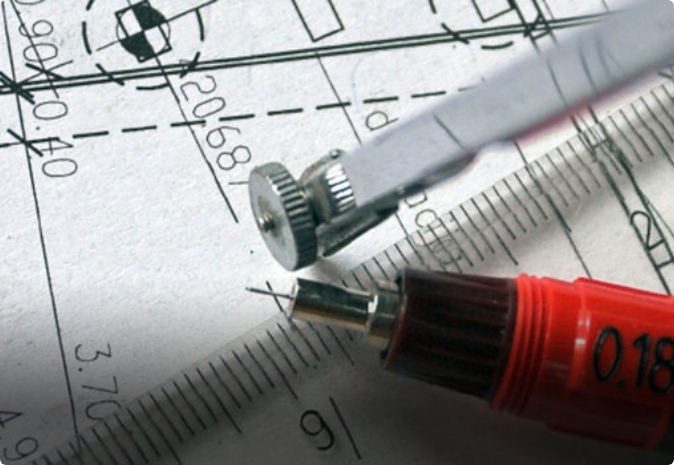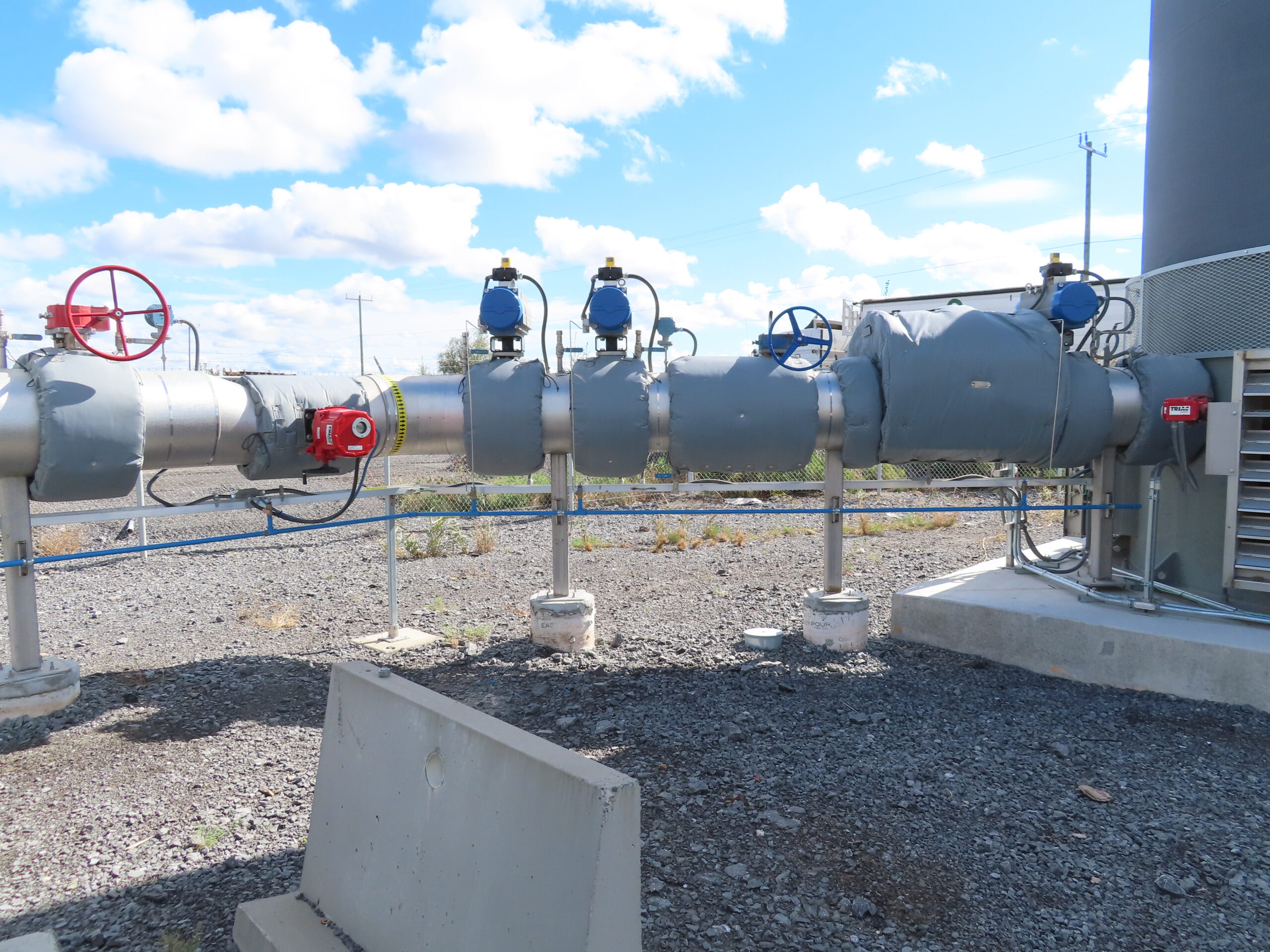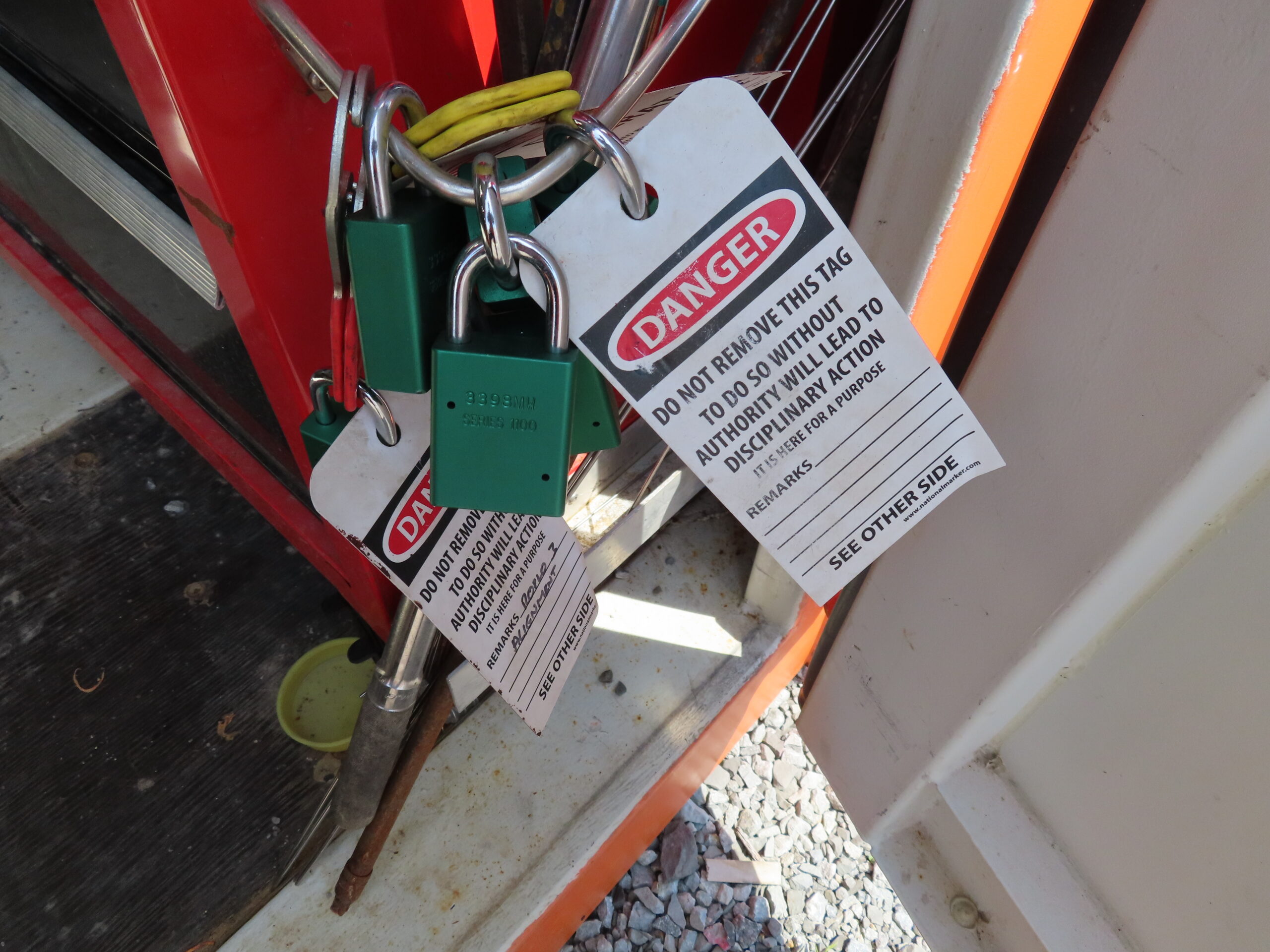Regulatory Approvals
We offer expertise in preparing for and navigating the required approvals from government agencies such as Provincial Ministries, Building Departments or Certifying Agencies responsible for the approval of Gas Appliances related to the collection, flaring and utilization of landfill gas. We will guide applications and prepare the necessary technical documentation that may be required, responding to agency concerns, and ultimately acquire approvals. Long-established relationships with many public agencies and regulatory bodies allow us to effectively manage the approvals process.


Landfill Gas and Biogas Code Approvals
The design of landfill gas/biogas facilities is guided by technical requirements set out in relevant Canadian Standards Association (CSA) and American National Standards Institute (ANSI) documents such as the B149.6 Code (Code for Digester Gas and Landfill Gas Installations). The B149.6 Code must be strictly adhered to when designing and operating landfill gas collection, flaring and utilization systems and is administered by the designated Authority Having Jurisdiction (AHJ) which varies from Province to Province. In Ontario the AHJ is the Technical Standards and Safety Authority (TSSA).
Compliance Audits
We provide auditing services to review if a landfill gas/biogas collection and flaring system meets the necessary codes and approvals for the handling of combustible gas. In the event that a regulatory body imposes orders or issues corrective actions to be implemented, we can help design and implement the corrective actions or negotiate the outcomes with the regulatory body.


Safety Plan Development
Comcor develops safety plans for all aspects of landfill gas flaring facilities which can include blower and flare stations, air compressors, mechanical valving and piping, dryer and filter systems as well as building methane monitoring systems. Safety plans include a list of responsible parties, a hazard/risk assessment process, Standard Operating Procedures (SOPs) for all operational and maintenance tasks, SOPs for any specialized PPE to be used, a pre-task hazard assessment process, a procedure for health and safety meetings, a procedure for reporting/investigating incidents, an emergency response plan for callouts and reactive repairs, and a procedure for reviewing sub-contractor health and safety plans.